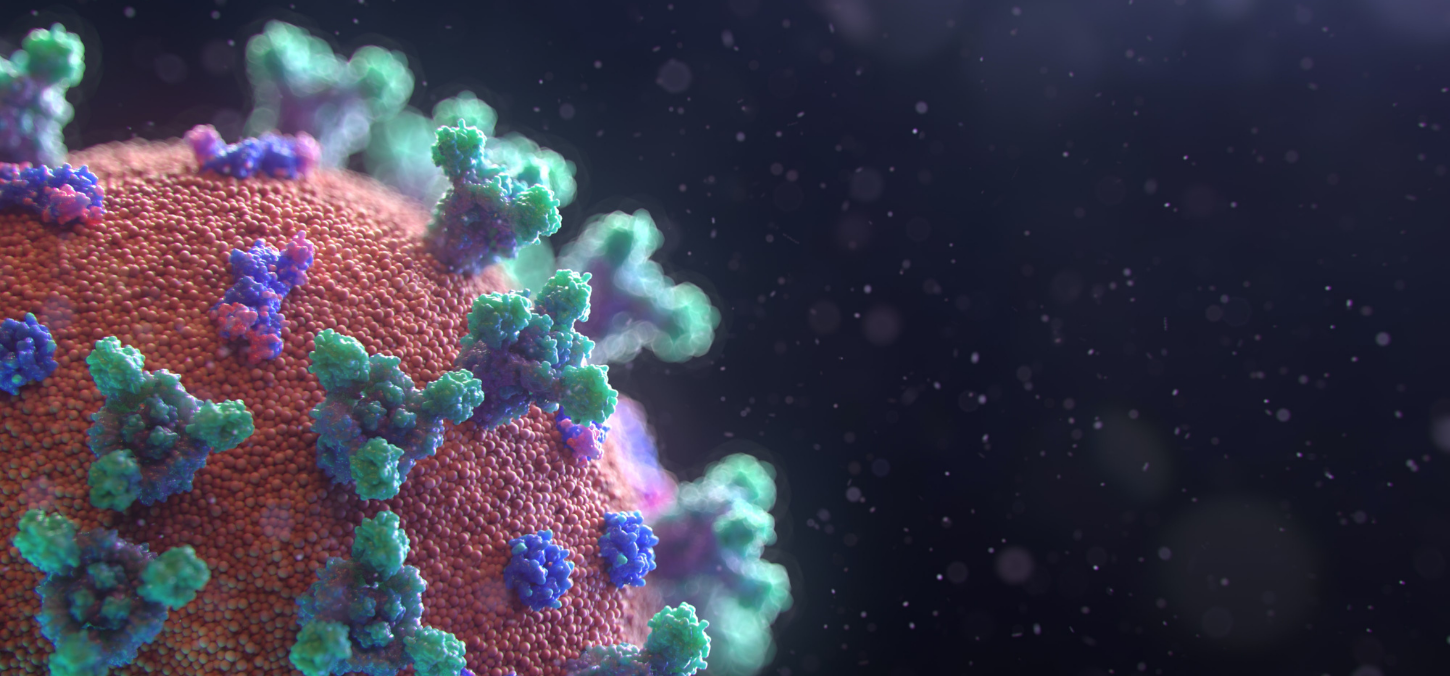
Measuring immunity at dental schools
By Diane Peters
In the early days of the pandemic, many thought that dental offices and dental schools could be a risky healthcare environment that would lead to infections among dental professionals, student dentists, dentistry instructors and patients.
“It didn’t turn out that way,” says professor Michael Glogauer 9T3, 9T9 Dip Perio, 9T9 PhD, who is also dentist-in-chief at the University Health Network. “Dentistry has a rich history of understanding infectious disease.”
To seek evidence-based information around what is really happening in dental education, Faculty of Dentistry researchers are taking part in a national study involving all 10 Canadian dental schools. The study, which began recruitment recently, will assess the blood and saliva on a monthly basis of a subset of 800 people in dental education to track their immune response to COVID-19 — and as a result of vaccine doses — over a year.
“We’re trying to figure out what COVID-19 infection risk means and what vaccination does, all in the context of Canadian dental schools,” says associate professor Carlos Quiñonez 0T9 PhD, who is also graduate program director of Dental Public Health for the Faculty.
The Faculty’s role
Glogauer and Quiñonez serve as co-leads on the U of T portion of the study, which will include 40 students and 40 faculty, instructors and staff.
They’ll also be coordinating the processes of samples for five of the 10 schools. Glogauer’s lab will be doing the saliva analysis while U of T immunology professor Jennifer Gommerman and assistant professor Olga Rojas will do the blood analysis in their labs.
“We’ll be able to look at the blood and saliva levels of antibodies in addition to monitoring their risk and their development of COVID,” says Glogauer of participants in the study. Because of the prevalence of asymptomatic disease, only measuring biological markers can clarify the true extent of infection rates in the dental education community.
McGill takes the lead
The study is led by professor Paul Allison and assistant professor Sreenath Madathil of McGill University. They were awarded $1.4 million in February from the COVID-19 Immunity Task Force, which was established in April 2020 by the federal government to understand infection rates and immunity to the virus.
“I want to try and document what’s going on for our schools,” says Allison. “I want to help the profession understand what’s going on.”
Including undergraduate and graduate students, instructors, faculty and staff gives the study a wide age range and also a risk range — some graduate students and staff members don’t interact regularly with patients and may work remotely — to get a broader sense of what’s happened at dental schools.
Meanwhile, the vaccination status of this group across the country will be wide-ranging, with some entering the study after having two shots while many won’t have theirs for a few months. Tracking their immune responses, especially if there’s a gap between vaccine doses, will yield useful information that could have an impact beyond the dental community.
Why immunity matters
The overall end goal will be to better inform regulations for dentistry in the future, should we face another public health crisis. “We’ll have a sightline on what’s happening in schools in terms of infection risk. It’s really important,” says Quiñonez.
Along with informing public health guidance, the study can help better understand the role of saliva testing for immunity. “What we want to test is, can you get as good information or good enough information from saliva? Which is obviously much easier and much cheaper,” says Allison.
McGill and U of T Dentistry are also working together on other studies funded by the task force related to immunity across different sectors of the dental community.